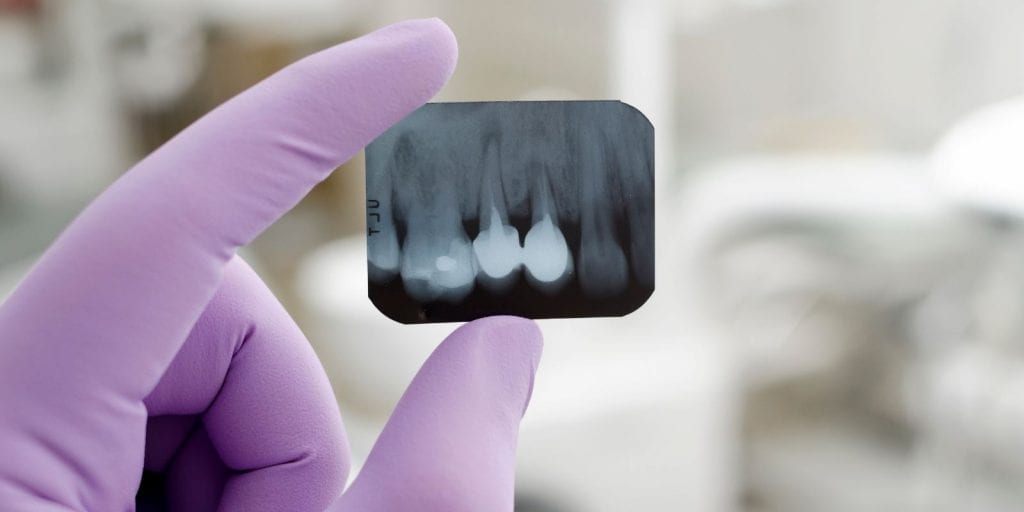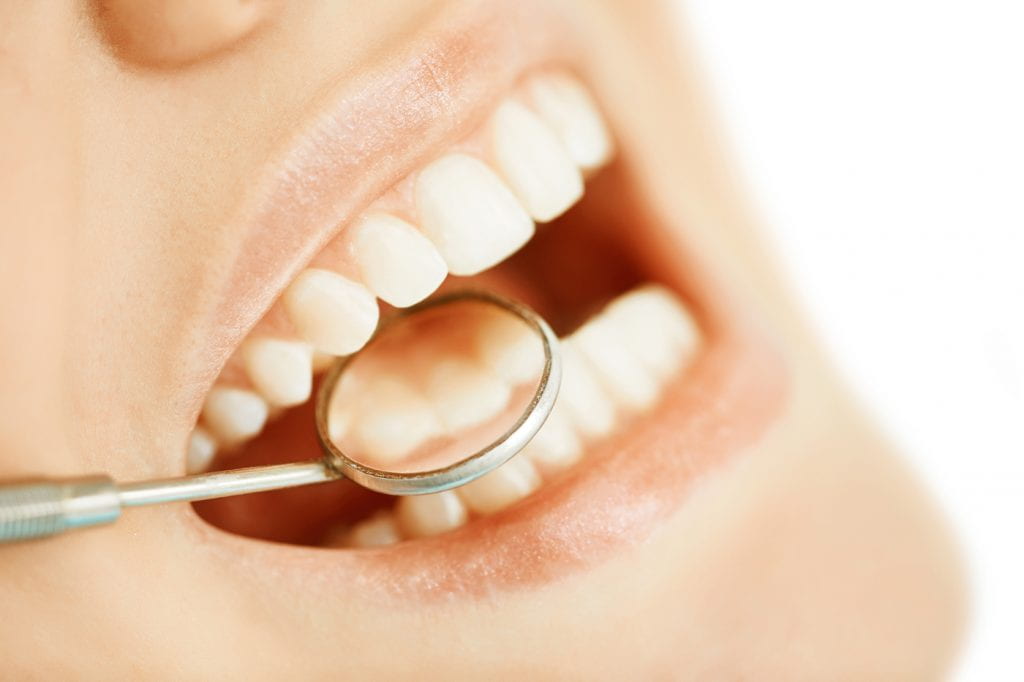
Retainers are orthodontic devices that serve the purpose of keeping teeth straight. The Best Dentist in Kolkata recommends receiving a retainer to ensure that your teeth remain straight after having corrective surgery, braces, or Invisalign. The usual time for wearing retainers after removal of braces is at least one year, and you may have to wear your retainer full time for the first six months.
Types of retainers
There are three types of retainers- Permanent, Hawley and Essix.
- Permanent retainers are recommended for individuals who have completed extensive orthodontic treatment and require additional protection while their teeth settle into their new positions.
- Hawley retainers are made of wire that is attached to plastic. They are easy to clean because they are removable.
- The Essix retainer is comprised of molded translucent plastic that slides over your teeth to keep them aligned.
Why are retainers needed?
- Usually, it would take a long time to stabilize dental braces used to correct misaligned teeth, gaps in the teeth, or overbite and underbite. Therefore, it is critical to keep the teeth in place even after the removal of the braces. Retainers will assist the teeth in shifting to their new places until the mouth can adapt to the alterations.
- Children and teenagers require retainers for teeth around the time when wisdom teeth erupt. The required space in the jaw will be maintained to accommodate new teeth when they utilize it regularly. The use of retainers daily prevents teeth from shifting or crowding owing to a lack of space.
The best dentists at TeethCare Multispeciality Dental Clinic specialize in tailoring procedures to the individual patient and have years of expertise in straightening and keeping smiles. Contact TeethCare Multispeciality Dental Clinic today or visit their website to schedule an appointment with the dentists.




